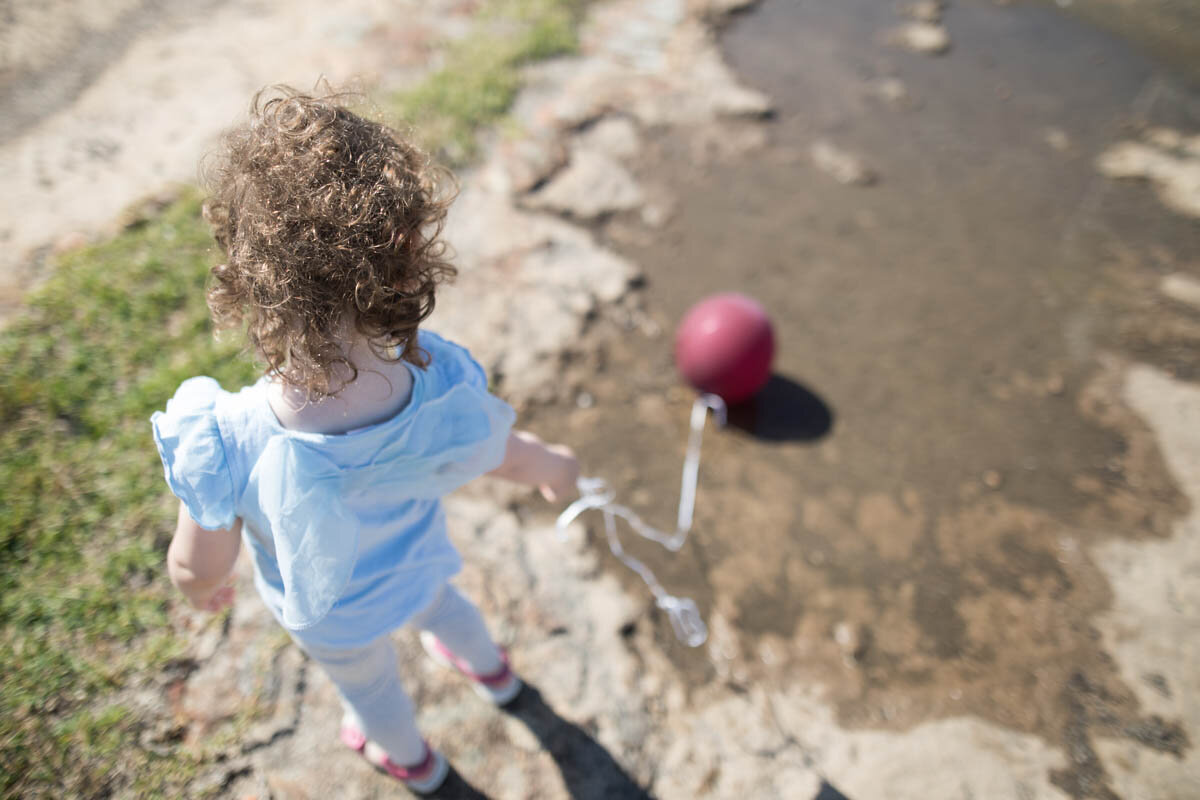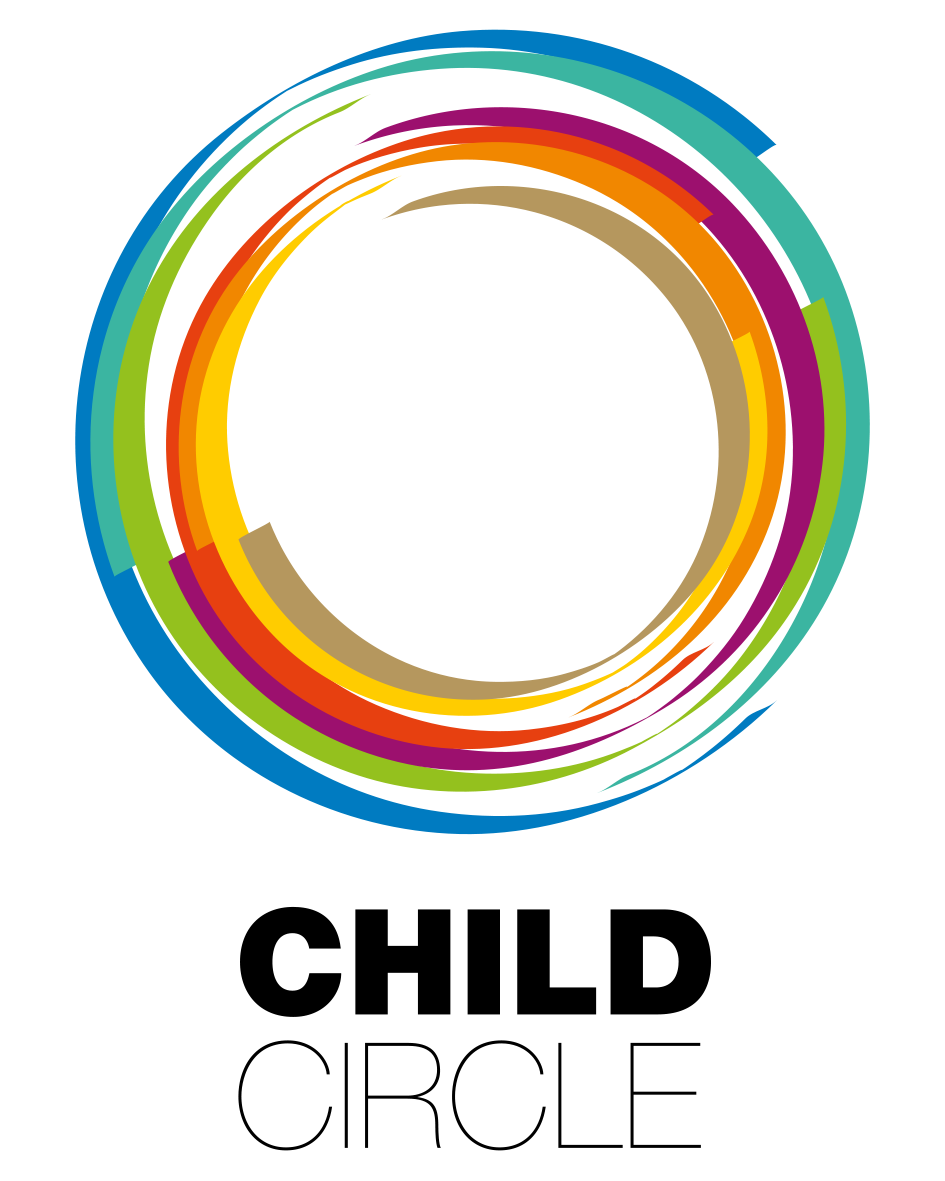
ProGuard
ProGuard, a project co-funded by the EU and led by Nidos in the Netherlands, sought to enable EU Member States to further professionalise their work and the protection systems they are part of, thus further improving the outcome for the children in the system.
Guardianship for unaccompanied children should be, and is ready to be a part of every European national system. To achieve this, a formal European network and a European system of accreditation are needed.
With Nidos and Missing Children Europe, Child Circle’s main role in the project was to develop a tool for a pilot assessment system for guardianship systems in Europe and a report on the pilot results. We also contributed to the ProGuard guardianship toolkit and the recommendations from the project.
Project partners
Project supporters

Towards a European network of guardians for unaccompanied children in migration
On October 6, the European Commission and representatives from Member States, EU agencies, IGOs and NGOs working on issues concerning guardianship met to explore the development of a European network of guardians, as anticipated in the Commission Communication on the protection of children in migration.
Child Circle is very supportive of the development of a European guardianship network, which we see as an important and necessary step to fulfilling the rights of unaccompanied and separated children in migration. We recognise the challenges of forging a European network, given the very diverse ways of organising guardianship across Europe and the variations in how guardianship is addressed in EU provisions on asylum, trafficking and return measures. Our input at the meeting focussed on how best to start developing a network, with the aim of rapidly demonstrating its value and impact.
We recommend that the initial steps towards a European network of guardians be organised in an inclusive and simple way. We support the idea of building on the ENGI initiative which has been led by the Dutch guardianship authority Nidos. We recommend that there should be different ways for different actors and organisations to connect to a European network. Ideally stakeholders could contribute to activities across the key dimensions of guardianship, including the policy framework, national organisation of responsibilities, daily practice, cooperation with other actors, international cooperation and monitoring.
We also recommend that the network initially should be targeted on clear and simple goals, in particular: creating a better understanding of the guardian’s roles in each country; supporting Member States in better organising and supporting guardianship; sharing common tools to ensure guardians fulfil the obligations in EU and international law on child rights; and promoting cross border cooperation between guardians and other actors.
By keeping a strong and practical focus, the European network should be in a position rapidly to demonstrate its value and practical impact. Stakeholders should be creative about finding ways for the network to evolve further and to establish sustainable funding. Six years ago, a policy discussion at EU level addressed the question “Does guardianship matter?” Now the conversation is about: how do we all work together to improve guardianship? Looking five years down the road, let’s think about what our future conversations on guardianship should concern. Might a Europe network ultimately be in a position to support Member States in better managing sensitive cross border cases, including in cases of Dublin transfers, trafficking and disappearances? Walk before you run, but let’s keep moving in the right direction – bolstering the vital safeguard of guardianship so as to fulfil children’s rights.
For more information on guardianship, see ProGuard, an EU co-funded project, led by Nidos, in which Child Circle is a partner.
Originally posted on October 17, 2017




